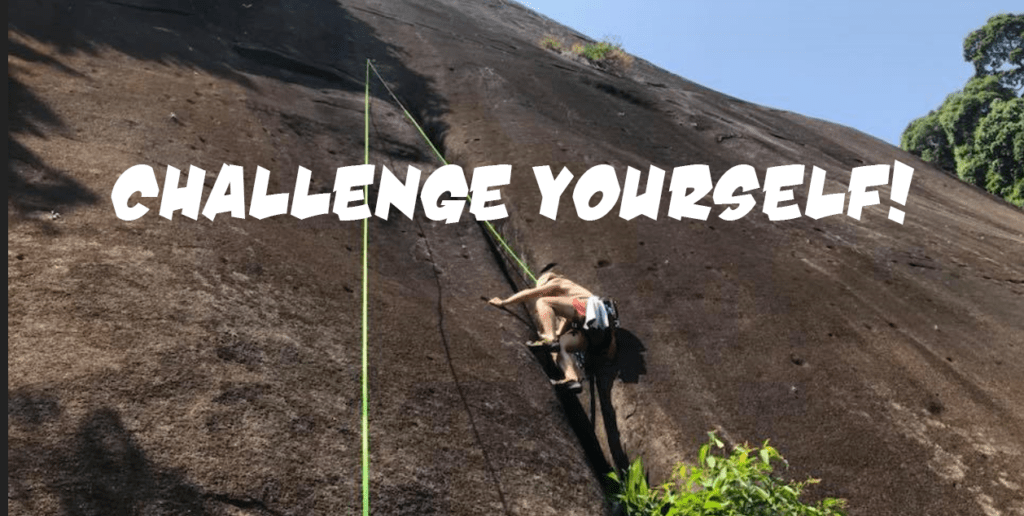Picture an idyllic Brazilian fishing village. Every day the men of the village go out to sea in their boats to catch fish. The sale of the fish provides a decent living, but none of the fishermen are rich. Or are they? Well, that depends on how you define rich. Whilst none of them has a lot of money, no one is getting stressed to the point of becoming ill either.
Over time this charming and peaceful village started to attract tourists, including Jack, an investment banker from New York, who is looking to escape the rat race for a while. One Morning Jack sees a fisherman rowing a small boat towards the shore with quite a good catch of fish aboard. Jack was very impressed and asked the fisherman how long it was to catch so many fish? The fisherman replies, “Oh, just a short while.”
“Then why don’t you stay longer at sea and catch even more?” asked Jack. Without hesitating the fisherman replied: “This is enough to feed my family and give me the money I need.” Jack was puzzled and questioned further: “So, what do you do for the rest of the day?”
“I go back and play with my kids. In the afternoon, I take a nap with my wife Maria. When evening comes, I join my buddies in the village. We have a drink, play guitar, sing and dance.”
This baffled Jack. He found it difficult to comprehend and weighed in. “I’m an investment banker from New York. I can help you become a more successful person. From now on, you should spend more time at sea and try to catch as many fish as possible. When you have saved enough money, you can buy a bigger boat and catch even more fish. Soon, you will be able to buy a fleet of boats, set up your own company, your own production plant for canned fish and have a distribution network. You can then move out of this village to Sao Paulo and manage the business from there.” The fisherman listened carefully and asked: “And after that?”
“After that, you can go public and float your shares on the Stock Exchange and you will be rich” replied Jack.
“How long will all that take?”
“Well, several years of hard work.” Jack responded. The fisherman repeated his question: “And after that?”
Jack beamed: “Oh, that’s the best part. After that, you can retire and move to a small fishing village, catch a few fish in the morning, return home to play with your kids, have a nice afternoon nap with your wife, join your buddies for a drink in the evening, play guitar, sing and dance.”
The fisherman went silent and thought to himself: “Isn’t that what I am doing right now?”
This thought-provoking story from Paulo Coelho, which I have adapted slightly, speaks powerfully of the critical flaw in the way so many of us approach life. Many people work in order to buy, what they think will make them happy. BUT: Shouldn’t being happy come first?
Now, working hard is fine if you enjoy your work. But what if you don’t enjoy it or if you work so hard that you have no time to enjoy your life or worse become stressed and sick? What price are you paying to have more? And since when does having more money automatically translate to being happier? That is a flawed assumption, but also one that many people operate from.
Sure, we need a certain amount of money, material possessions, food, health care and shelter to ensure you are not struggling. But what we want and what we really need are two different things. Once you have what you need, is it really worth getting caught up in the rat race just to have more?
When is enough enough?
Nigel Marsh, author of “Fat, Forty & Fired” crystallizes the thought this way: “There are thousands and thousands of people out there leading lives of quiet, screaming desperation, where they work long, hard hours at jobs they hate to enable them to buy things they don’t need to impress people they don’t like.”

For you personally, how much is enough?
And how would you go about changing your life to be happier if you determined that what you need is a lot less than what you are currently striving for?
Maybe it’s time to start catching fish in the morning!
-Joerg

Leave a Reply